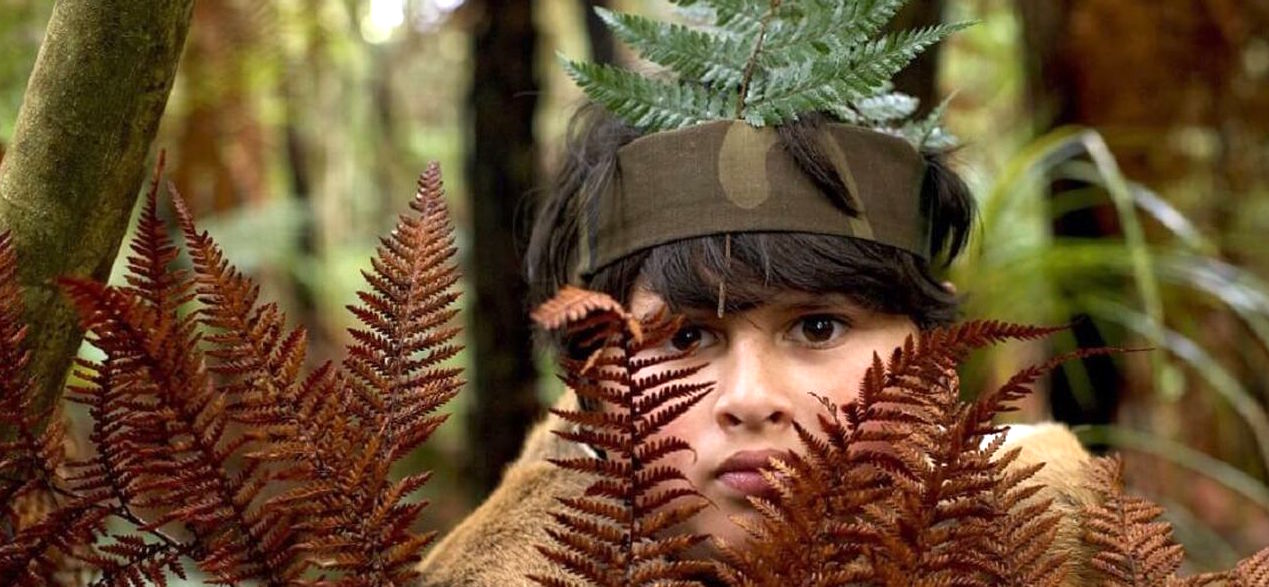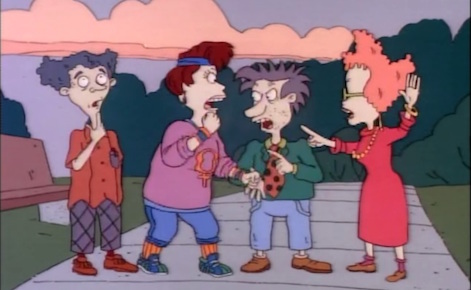
Nearly every news source in our lives right now is highlighting the question, “What do we tell our children?”
The morning shows have brought in psychologists. Photos have been posted of disappointed little girls crying. People are trying to simplify concepts like systemic racism and economic insecurity so that their second graders can “understand.” Good luck with that.
My advice is to tell them as little as possible.
It is easy to overexplain life to children. My favorite example is when a 3-year-old asks where babies come from, and the well-meaning parents launch into awkward detail about human genitalia. When they’ve finished their monologue on human lust and anatomy, the bewildered child says, “Oh. I just wondered what building we get them from.”
The question of why we over-share and over-explain where our kids are concerned is too compelling not to handle. Do we see photos of the dead in Syria and feel badly that we cannot do more? Do we see protests in the streets of our own country and carry guilt that we are too busy (or too scared) to join in? Does indoctrination into our political persuasion really need to start at crib level?
No matter how upset we may be, we do not have the right to project our own traumatic feelings onto children. At least, there are consequences to keeping a political soapbox in the toy room. Children all too easily become receptacles for our guilt and unease, when really, what they need is the assurance of safety and love.
When I was a small child, my parents started a protest movement over a grocery store. One chain had dominated the entire local economy, and they were manipulating the system to keep other companies out. This meant that prices would be high, and we would not have as many grocery stores as our area needed. My parents ran a campaign against local government corruption out of our house. Dad grew a pony tail and spoke at press conferences. Like you do.
The impact it had on me was profound. People were hungry. My parents wanted to make sure they could get affordable food. I could not tell you who the “bad guys” were. No one tried to explain to me the social constructs of what made people poor. And perhaps, most importantly, I never felt like the world was going to end if my parents’ goals for our community were not met.
Mom and Dad loved their neighbors without fear and vitriol. That was their witness to me. Despite what our newsfeeds–and some pulpits–keep telling us, bearing witness to tenderness and compassion is the most valuable aspiration we can have right now.

The one thing our son knew about this presidential election was that a girl was running. He was excited about that. He is our family’s most outspoken equal opportunist, proudly telling people that not only is his Daddy a priest, “BUT MAMA IS TOO.”
Thanks to our school, church, and family, he has an abundance of strong, funny, faithful, and fiery women in his life. So, he loved the idea of a “girl president.” (Yes, I realize that “girl” is not the preferred nomenclature for a grown woman. But again, he is five. Chill out.)
The morning after the election I was nervous to tell him that the girl had not won. As is usually the case with children, what we think will undo them does not. Upon hearing the news, he beamed at me and said, “I am just so glad somebody won!” His eyes were shining and he had a big smile on his little face. His response was so sincere and joyful that I had to laugh to keep from crying.
In the Book of Common Prayer, there is a prayer intended for the end of the day. I never read the last line of it without thinking of children:
“Tend the sick, Lord Christ; give rest to the weary, bless the dying, sooth the suffering, pity the afflicted, shield the joyous; and all for your love’s sake.”
As a parent of small children in a very fragmented world, shielding the joyous is our task. Not informing them. Not preaching to them. Not shifting our own anxiety on to their breakable little hearts. Eventually, they will get old enough that the world will do that for them. In the meantime, they are bearers of joy. And we need that too.

COMMENTS
4 responses to “What You Should Say to Your Children: Shield the Joyous”
Leave a Reply













So so true. I was so disheartened to see how many parents at our kids’ elementary school had politicized their own children to the point that these kids were (purportedly, anyway) “traumatized” and “fearful” about election results. Seven and eight year old kids should be thinking about ninja turtles and Hello Kitty! and who’s going to play baseball with them after school. They shouldn’t be ciphers for the processing of their parents’ own stress over national events.
I agree wholeheartedly- let them be children while they are children. Dont over-burden them w more than they can handle or even want to know. Yes, it is an important civics lesson to know and understand that a big event is happening in the country which is we are electing a new president. That’s really all they need to know and that it happens every four years and someone wins and someone loses . No child should have been crying over this and any parent or teacher who inflicted their own feelings onto the children was wrong
This is beautiful.
And I’m also thinking really hard in some communities. My son’s elementary school contained children from 60 different countries, every religious background and ethnicity and some kids with same sex parents. There was a big discussion a few years ago because of a controversy in a second grade classroom. Some child was told by his parents that another child from a same-sex household could not come to his party. He told his friend and well, horror ensued as the story made its way around the classroom. The tiny ones hear what their middle school siblings see. They hear the discussions about whether its safe to wear a hijab around town. It gets very hard, very fast. You want to protect your own kid, but you want them to know as they age (my son’s older now) that life isn’t altogether fair and beautiful for everybody. He was so sheltered, his knee-jerk reaction is that somebody must be exaggerating whenever they talk about racism.
I’m convinced of Mockingbird’s chief insight. This is going to be really, really hard, and we’re gonna get it so wrong so many times.